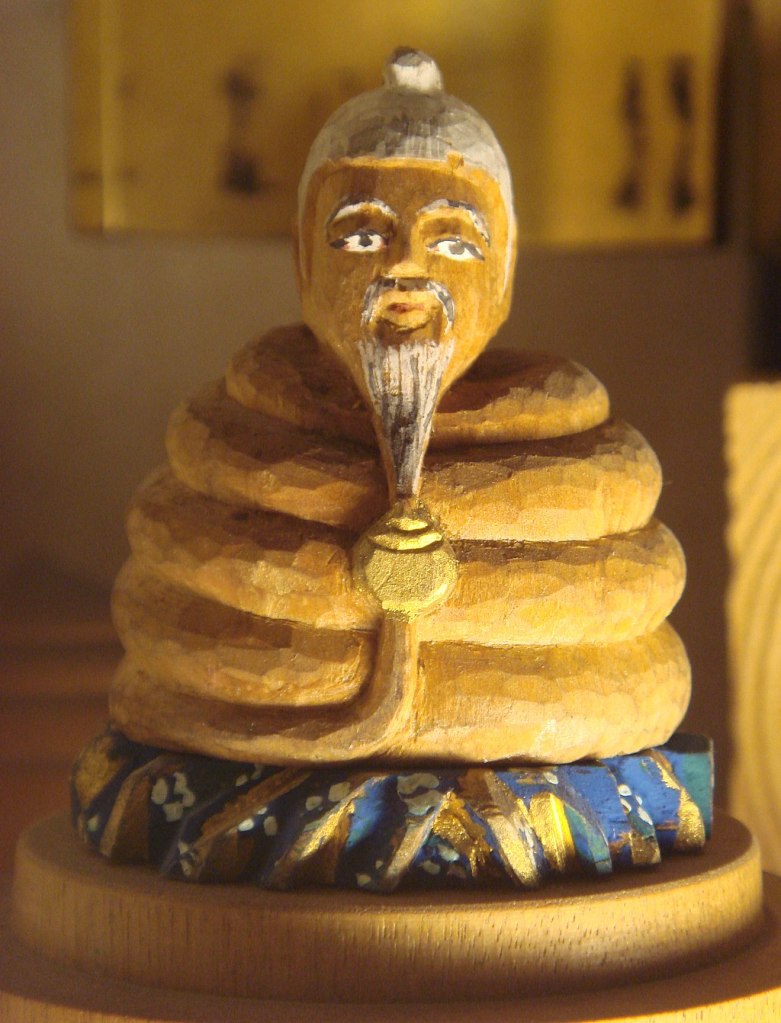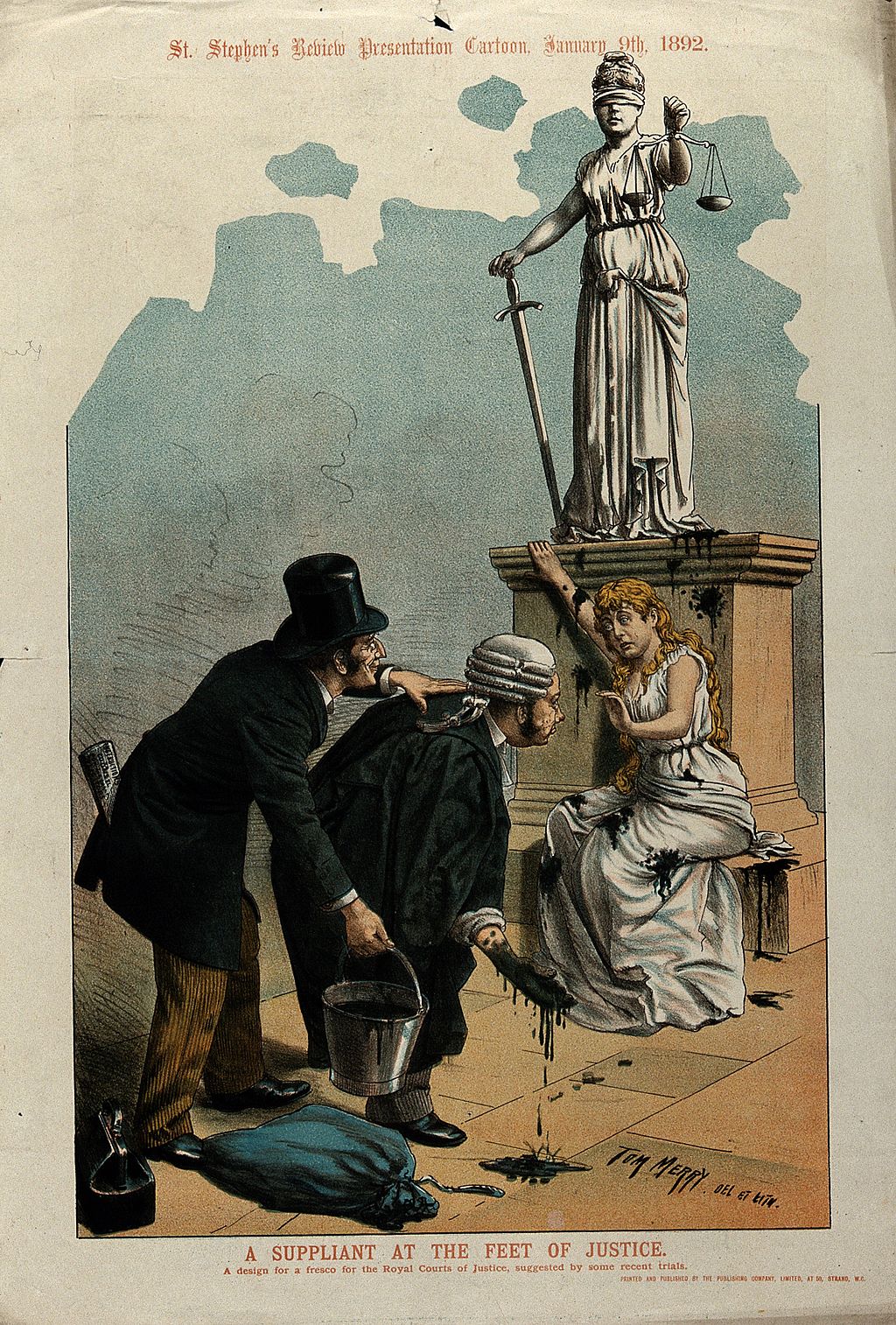Japan’s religious landscape is known for its syncretism, where elements from different religions are blended to create a unique whole. In line with that, Japan has a rich tradition of nature worship where water holds a particularly sacred place. Rivers, lakes and springs were seen as sources of life and purification.
The Goddess Benzaiten‘s association with water resonated perfectly with this existing belief system. Shrines dedicated to her were often built near these natural water sources, further solidifying the connection. This welcoming approach allowed Benzaiten to find a place in both Shinto and Buddhist traditions. In Shinto, she is considered a nature kami (spirit) connected to water, while in Buddhism, she is seen as as a bodhisattva (enlightened being) who offers blessings.
By integrating with existing beliefs and merging with other deities, Benzaiten became a goddess with something to offer everyone. Artists, scholars, and those seeking good fortune could all find a connection with her diverse blessings. This broad appeal made her a popular figure across social classes and religious affiliations.

Ugajin
Ugajin is a kami (spirit) associated with harvest and fertility. They ensure bountiful crops and the prosperity of living things. Ugajin has a unique form – a half-human, half-snake being. The human head can be either male or female, with the male variant often bearded. Their snake body represents connection to the earth and its life-giving power. Sometimes, statues of Benzaiten depict a small Ugajin figure on her head, symbolizing their connection.
When Ugajin merged with Benzaiten–associated with rice cultivation in some interpretations–their combined form, Uga Benzaiten, became a powerful symbol of fertility, encompassing both agricultural abundance and artistic expression. Rice is a staple crop in Japan and many deities are linked to its successful cultivation. Ugajin’s influence on fertility might be particularly strong in relation to rice, even if not explicitly mentioned.
Shinto, the native religion of Japan, has strong animistic beliefs. The land itself is seen as a living entity, and Ugajin might represent a spirit embodying the fertile power of the earth. The mystery surrounding Ugajin adds to their fascination. Their role in fertility is undeniable, even if the exact details remain elusive.
Further exploration of regional traditions, symbolism, and connections to agricultural practices might offer a more nuanced understanding of this enigmatic deity. Let’s briefly dive into three such stories.

The Jealousy of the Dragon King
This story revolves around a powerful dragon king who hoarded water, causing a devastating drought. People suffered as crops withered and rivers dried up.
Benzaiten, seeing the plight of the people, decided to intervene. Disguised as a beautiful woman, she approached the dragon king and challenged him to a musical duel. The dragon king, captivated by her beauty, agreed.
Benzaiten’s music was so enchanting that it caused rain to fall from the heavens, breaking the drought and bringing relief to the land. However, upon revealing her true identity, the dragon king became enraged by his loss.
But Benzaiten, with her superior power, subdued him and ensured the continued flow of water.
The Gift of the Biwa
This tale tells the story of a young fisherman who was struggling to make a living.
One day, while fishing, he caught a beautiful lute trapped in his net. This was the biwa, a treasured instrument of Benzaiten. Recognizing its divine origin, the fisherman returned the biwa to a nearby Benzaiten shrine. Touched by his honesty, Benzaiten appeared before him and offered him a gift.
The fisherman could choose immense wealth or mastery of the biwa. The fisherman, with a passion for music, chose the biwa. Benzaiten then blessed him with exceptional musical talent. Soon, the fisherman became a renowned musician, his music filled with beauty and a touch of the divine, a testament to Benzaiten’s favour.





Leave a comment